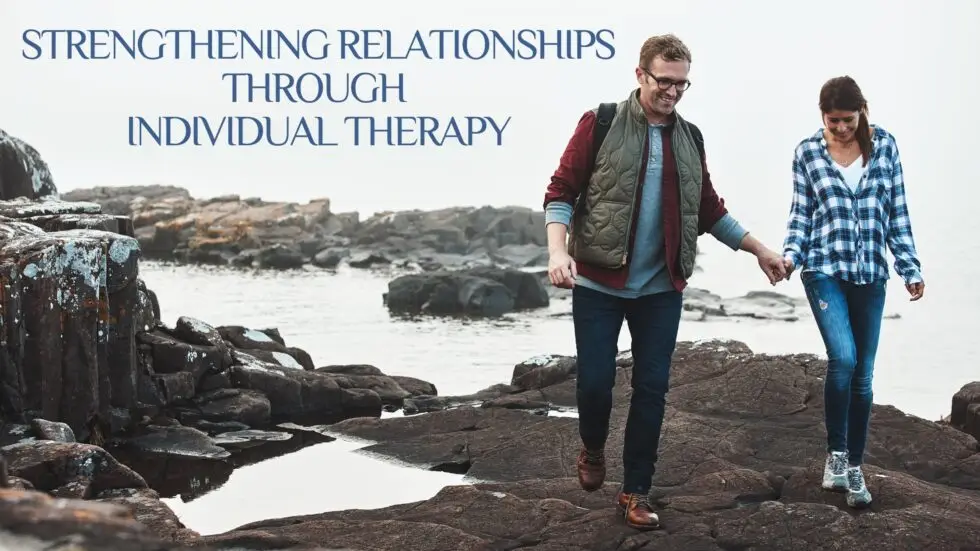Building and maintaining strong relationships can sometimes feel like an uphill battle, especially when anxiety, depression, or past trauma is also present. If you find yourself struggling with communication or often facing conflicts, you’re not alone. Sometimes we think that we need to do couples/family therapy in order to improve relationship, however, individual therapy can be a powerful tool to help you navigate these challenges.
By working with a therapist, you can gain insights into your feelings and behaviors, helping you understand how they impact your relationships. Therapy provides a safe space to explore your thoughts and emotions, enabling you to express yourself more clearly and effectively. As you develop these skills, you’ll not only improve your communication but also learn how to resolve conflicts more constructively. This journey towards self-discovery and growth can ultimately lead to stronger, more resilient relationships, where both you and your loved ones can thrive.
Understanding the Role of Communication in Relationships
Active and empathetic listening is important in a healthy relationship. It’s not just about talking, but also listening and understanding each other. In individual therapy, you can learn how to express your thoughts and feelings more clearly. A therapist can help you identify your communication patterns, such as being passive, aggressive, or avoidant.
When you recognize these patterns, you can start to change them. This doesn’t mean you need to change who you are; it’s more about finding better ways to share what you’re feeling. For instance, if you often hold back your thoughts to avoid conflict, therapy can help you find a balanced way to speak up without causing tension.
Improving communication skills can make a big difference in how you interact with others. Statistics on healthy relationships state that clear communication helps prevent misunderstandings and build a strong connection.When both people in a relationship can talk openly and honestly, misunderstandings are less likely to happen. Trust can grow, and connections can become stronger. Individual therapy gives you a chance to practice these skills in a safe space, so you’re better prepared to use them in real life.
Being a good listener is just as important as being able to talk about your feelings. In therapy, you can also learn to listen more effectively. This means really paying attention to what the other person is saying, without thinking about how you’ll respond next. By practicing active listening, you show others that you value their feelings and perspectives.
Ultimately, better communication leads to healthier and more fulfilling relationships. Through individual therapy, you can develop the tools you need to improve how you connect with others.

Addressing Personal Issues to Improve Relationships
Many of us deal with personal struggles like anxiety, depression, or past trauma that can affect our relationships. Individual therapy offers a safe place to work through these challenges. By focusing on your own issues, you can stop them from negatively impacting your connections with others.
For instance, if you struggle with anxiety or high stress, you might avoid social situations or have trouble opening up to friends and family. In therapy, you can explore the root causes of your anxiety and develop coping strategies to manage it better. This not only helps you feel more at ease but also makes you a more present and engaged partner, friend, or family member. When your mental health improves, it becomes easier to nurture your relationships.
Similarly, depression can make it hard to connect with others, leading to feelings of isolation. Therapy can help you understand your depression and find ways to overcome it. As you work through your feelings, you may find it easier to engage with loved ones and build stronger bonds.
Past trauma can also cast a shadow over current relationships. Therapy can help you process these experiences and reduce their hold on your present life. By addressing the trauma, you can improve your emotional well-being and become more open and trusting in your relationships.
Overall, taking care of your mental health through individual therapy can lead to healthier and more fulfilling connections with others. It allows you to bring your best self to your relationships, fostering deeper and more resilient bonds.
Conflict Resolution Through Individual Therapy
Conflict is a natural part of any relationship, but how we handle it can make all the difference. Individual therapy can teach you effective conflict resolution skills. For example, you might learn techniques to stay calm during disagreements or ways to express your feelings without making the situation worse.
Therapists often use role-playing exercises to help you practice these skills in a safe and controlled environment. This way, you can get comfortable with new strategies before using them in real-life situations. By practicing conflict resolution in therapy, you become better prepared to handle disagreements constructively with loved ones.
One useful strategy you might learn is how to use “I” statements. Instead of saying, “You never listen to me,” you could say, “I feel unheard when we talk.” This approach reduces blame and focuses on your feelings, making it easier for the other person to understand your perspective without feeling attacked.
Therapy can also help you identify your triggers—specific words or actions that make you especially upset. By understanding what sets you off, you can work on managing your reactions and preventing conflicts from escalating.
Another important skill is learning to take a timeout. If a conversation is getting too heated, it’s okay to step away and cool down. This doesn’t mean you’re avoiding the issue; it’s about coming back to it with a clearer, calmer mind.
Developing effective conflict resolution skills, such as active listening, empathy, and compromise, is crucial for harnessing the positive potential of conflicts within a relationship. Through individual therapy, you can develop skills, helping you navigate disagreements more effectively and maintain healthier, more respectful relationships.

Building Emotional Resilience and Empathy
Building emotional resilience means being able to bounce back from difficult situations and stay positive even when things get tough. Individual therapy can help you develop this skill, which can make your relationships stronger. When you’re emotionally resilient, you’re better equipped to handle stress and challenges without feeling overwhelmed, which can make it easier to maintain healthy connections with others.
In therapy, you’ll also work on understanding and sharing the feelings of others, known as empathy. By exploring your own emotions and experiences, you can become more attuned to what others might be going through. This ability to empathize fosters compassion and strengthens your bond with loved ones.
For example, if a friend is going through a hard time, your ability to empathize allows you to offer genuine support and understanding. This can make your friend feel valued and understood, which deepens your connection. In turn, this mutual support can create a more resilient relationship, capable of weathering life’s ups and downs.
Therapy can also help you recognize how your own reactions and behaviors affect others. By becoming more self-aware, you can make positive changes that improve your interactions. For instance, if you notice that you often get defensive during arguments, therapy can help you understand why and work on reacting differently in the future.
Overall, developing emotional resilience and empathy through individual therapy can help you become a more supportive and understanding partner, friend, or family member. This not only benefits your relationships but also contributes to a more positive and fulfilling life.
Practical Strategies for Strengthening Bonds
Building strong relationships takes effort, but with some practical strategies, you can make a big difference. Here are a few tips to help you strengthen your bonds with others:
Active Listening: Focus on what the other person is saying without interrupting. Really pay attention, instead of planning your response. This shows you care about their feelings and perspectives.
Express Appreciation: Don’t forget to say thank you and show gratitude. Small gestures, like acknowledging someone’s help or kindness, can make them feel valued and strengthen your relationship.
Set Boundaries: It’s important to know your limits and communicate them clearly. Healthy boundaries create mutual respect and understanding, helping to prevent conflicts.
Quality Time: Spend time together doing things you both enjoy. Whether it’s a hobby, a walk, or just a chat, shared activities help you connect on a deeper level.
Be Honest: Open and honest communication is key. Regularly sharing your thoughts and feelings can prevent misunderstandings and keep your relationship healthy.
These strategies, along with the insights gained from individual therapy, can help you build more resilient and fulfilling connections with the important people in your life.

Individual therapy can be a powerful tool for strengthening your relationships. By focusing on improving communication, addressing personal issues, resolving conflicts, and building emotional resilience and empathy, you can create deeper, more meaningful connections with those around you.
Remember, building strong relationships takes effort, but with the insights and strategies gained from individual therapy, you can foster more resilient and fulfilling connections. Focus on active listening, expressing appreciation, setting boundaries, spending quality time together, and being honest. These steps, along with the support of therapy, can lead to healthier, happier relationships.
Strengthening Relationships through Individual Therapy in North Carolina and South Carolina
Strengthening relationships is a journey, and we’re here to support you every step of the way. Our compassionate team of therapists in North Carolina and South Carolina is dedicated to helping you navigate the complexities of building and maintaining healthy relationships. Through individualized therapy and evidence-based approaches, we guide you in improving communication, understanding emotional needs, and fostering deeper connections. Our therapists provide a safe, non-judgmental space where you can explore personal patterns, resolve conflicts, and develop the tools you need to enhance your relationships and achieve personal growth.
Take the first step toward stronger, healthier relationships with the support of therapy:
1. Fill out this consult form.
2. Read about our skilled therapists.
3. Begin cultivating lasting change
Other Services Offered With Renewed Wellness Counseling
We are happy to offer a variety of services in support of your mental wellness from our New Bern, NC-based practice. Our therapists specialize specifically in therapy for military families, chronic illness counseling, and addiction counseling. We are also happy to offer life transition counseling, anxiety treatment, and trauma therapy. In fact, we can help you wherever you are in the state with online therapy in North Carolina and South Carolina. Feel free to learn more about us by visiting our blog or FAQ today.








